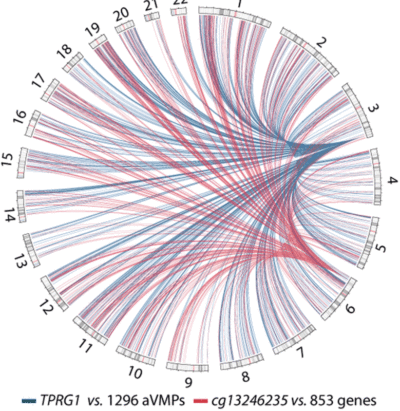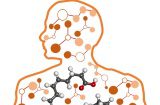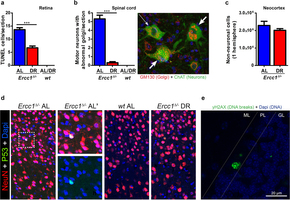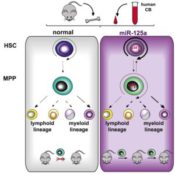Age-related accrual of methylomic variability is linked to fundamental ageing mechanisms
Genome Biology | September 2016 | Background Epigenetic change is a hallmark of ageing but its link to ageing mechanisms in humans remains poorly understood. While DNA methylation at many CpG sites closely tracks chronological age, DNA methylation changes relevant to biological age are expected to gradually dissociate from chronological age, mirroring the increased heterogeneity [...]











